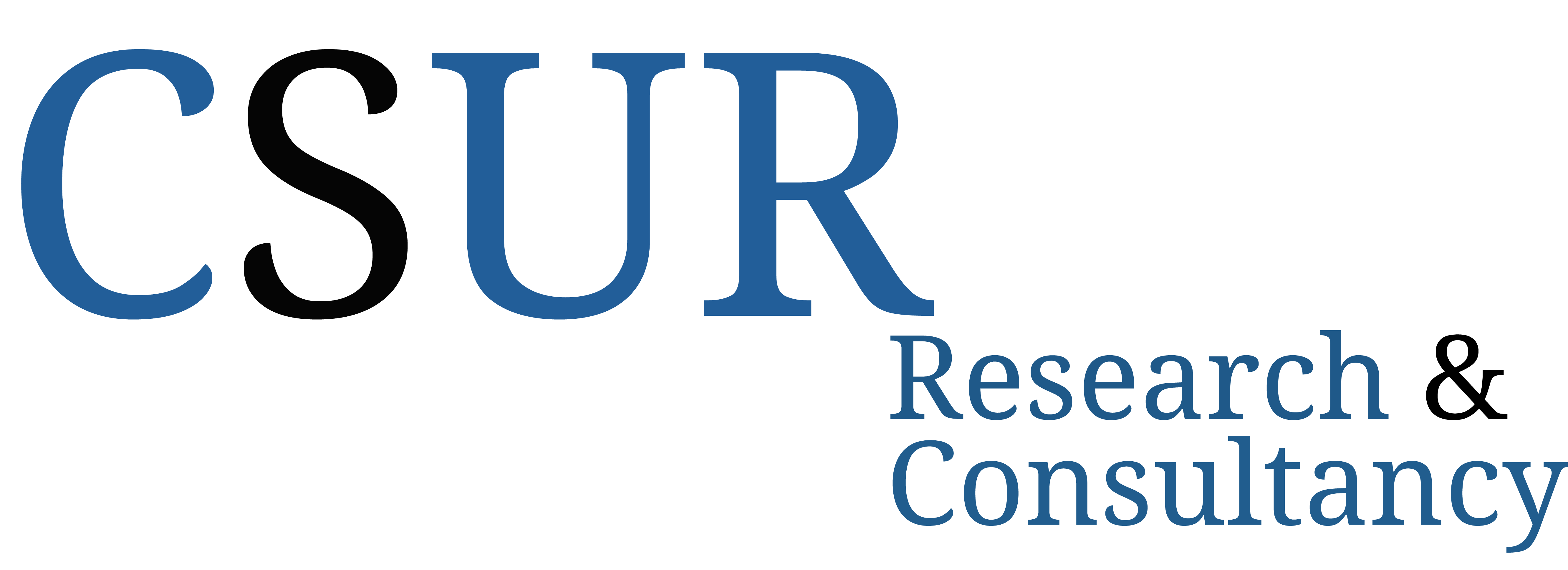Thank you to all who joined us during the United Nations General Assembly
(UNGA80)
for the
4th Annual New Approaches Summit on Tobacco Control and Harm Reduction, held
Monday, September 22, 2025, at the Harvard Club of New York City and via livestream.
Together, we advanced timely and meaningful discussions on policy, science, innovation, and investment–reinforcing that prevention, cessation, and harm reduction are not competing strategies but complementary approaches that can save millions of lives, reduce inequities, and accelerate progress toward the UN Sustainable Development Goals.
Looking Ahead
We are deeply grateful to our speakers, chair, sponsors, and delegates worldwide who contributed to the 2025 program. We look forward to building on the momentum and seeing you all next year as we celebrate the 5th anniversary of the New Approaches Summit.
Please mark your calendar: The
5th Annual New Approaches Summit will take place
on Monday, September 21, 2026. Again in New York City to coincide with UN Week 81. An Evening Welcome Reception will precede the Summit on Sunday, September 20, 2026.
Official registration opens March 1, 2026.For questions about this year's Summit or involvement in 2026, please contact: events@newapproaches.nyc.
----------
2025 Agenda AreasThe Summit featured 25+ expert speakers, 22+ sessions, cross-sector panels, keynotes, and dialogue across four central tracks shaping the future of tobacco control and harm reduction:
Part 1: Policy and Trade – Global regulations, tariffs, trade protectionism, intellectual property enforcement, and institutional frameworks.
Part 2: Science and Research – Latest evidence, population data, FDA's AI tool (ELSA), and closing communication gaps.
Part 3: Innovation and Technology – Advances in oral nicotine products and beyond, compliance, safety, delivery formats, access, and youth prevention.
Part 4: Investment and Impact – Market drivers, ESG considerations, green chemistry, and strategic investment outlook.
2025 Meeting MaterialsThe agenda, select presentations, and the full photo gallery are available here:
[2025 New Approaches Summit Materials]
Direct links to the materials can be found here:
[Full Program Agenda]
[View Select Speaker Presentations]
[Explore the Photo Gallery]
[Watch Select Session Recordings]
[Speaker Biographies]
Read the Takeaways: 7 Key Messages from New Approaches 2025 Annual UN Week Summit
More highlights and takeaways of the sessions will be shared in the weeks ahead.












